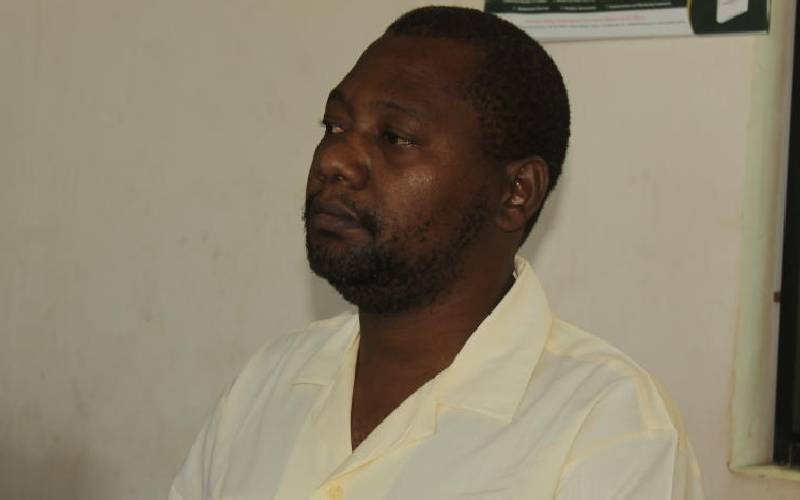×
The Standard e-Paper
Smart Minds Choose Us

Ten serious criminal charges were preferred against Paul Makenzi and 95 other suspects this week.
Coming within the same month that BBC Africa Eye released their riveting "Disciples: Cult of T B Joshua" we need to ask, are governments doing enough to protect us from religious extremism and cults?